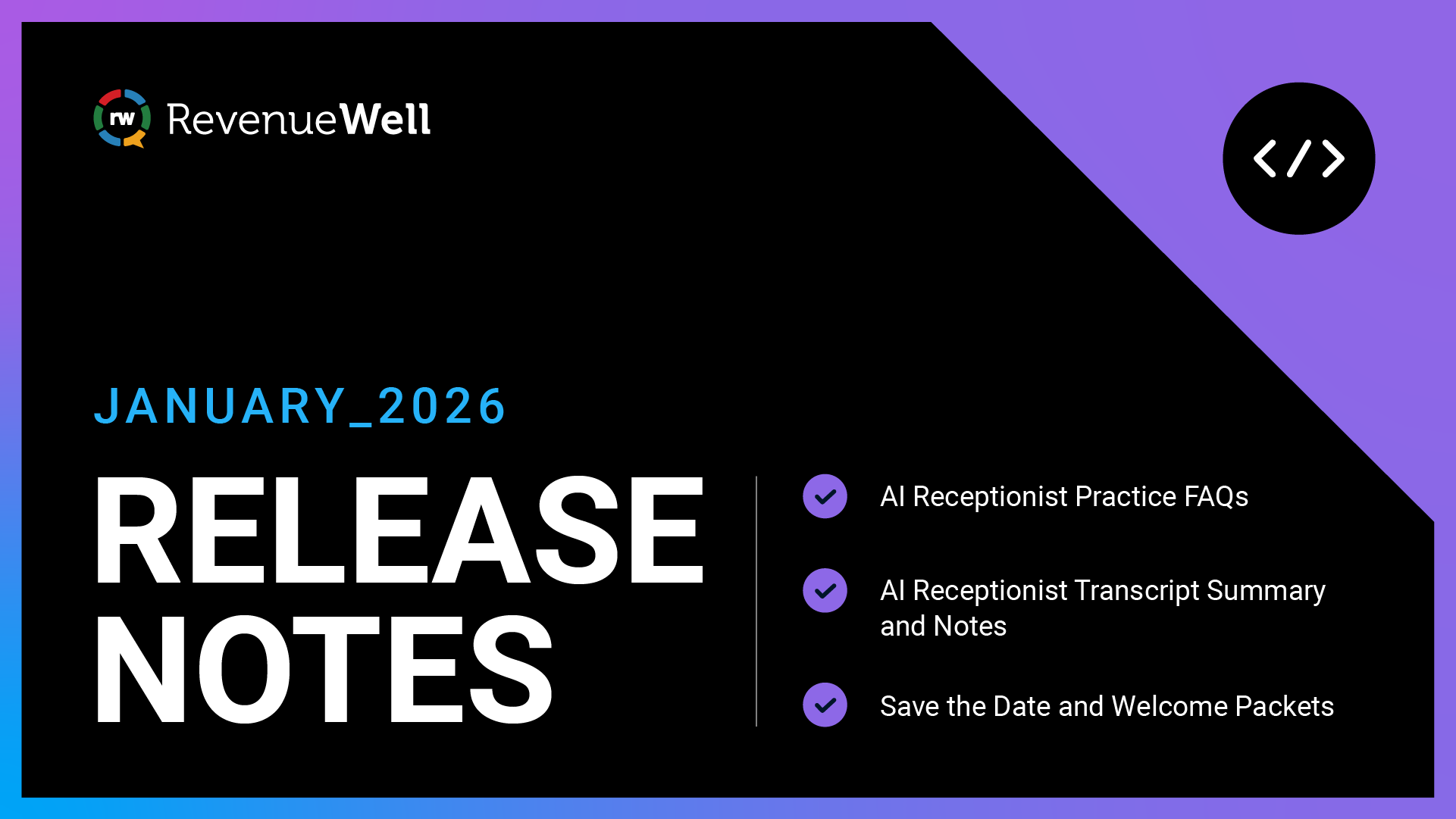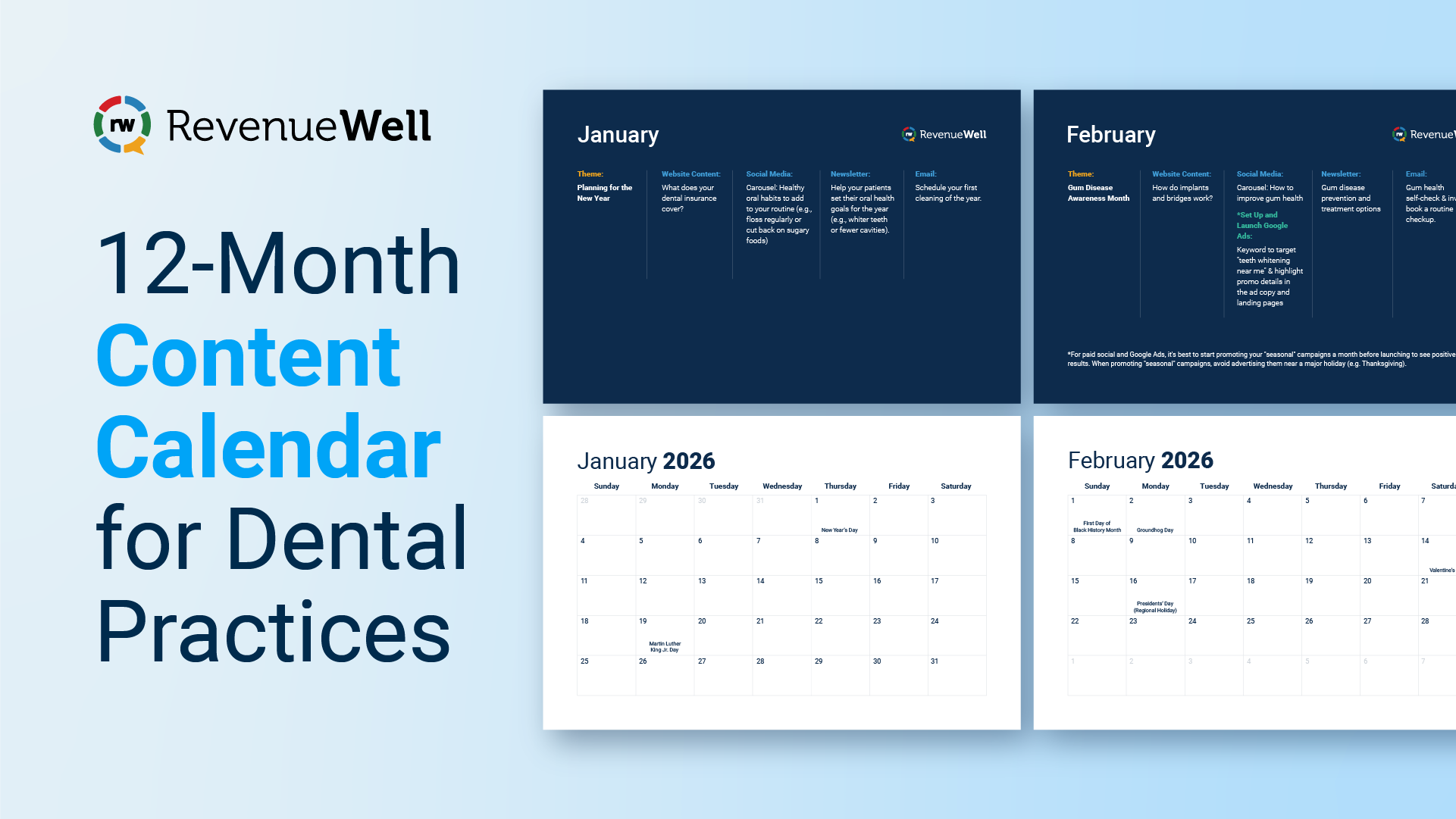Dental Multi-Practice Management: Recruiting for Success

John Roussos of Marengo Hampshire Partners search firm breaks down how DSOs and multi-practice groups can go about hiring dentists and recruiting for success.
For dental practices to succeed in a competitive market, it has to be all about the people. Patients bring revenue, but people bring patients. Depending on the maturity of your current dental professionals, you may need to recruit new dentists that are embarking on their first professional role simply to replace those who are retiring.
Or, like many practices you have a growth strategy. That, too, means expanding your professional team and bringing in new talent. Taking demographics into account, if you are growing your team, your target is ultimately the millennial. These individuals are looking for a place to start their career and build a patient base.
So, how to start? It's easy. Simply post the position on a job board and sort through applicants. Identify the people you feel would be the best fit for your practice and you’re set! Well, not exactly. You probably know that there is a shortage of new dental school graduates and those completing residencies, so it will take some proactive effort to attract them. And while you could get lucky and come across an already-practicing dentist that is relocating to your area, or actively wants to change practices due to their commute, those are few and far between.
So, again, where do you start? Hiring Dentists for Your Dental Group
Understand What New Dentists Want
Like every new generation of professionals, the average millennial will be different from the preceding generation. Like those in other professions, they will seek out more than the financial package and benefits. They’ll look for intangibles such as culture, work-life balance, or the opportunity to take a sabbatical year.
The best way to find out what prospective new professionals consider most important when they're evaluating your environment is to simply ask. In the interview process, ask how they envision the ideal workplace and what they are looking for long term. You might even gather some intelligence from questions you ask the candidates while interviewing them.
Once you know what will attract your target professionals, decide whether it would be appropriate to evolve your internal offering to more closely reflect what millennials are looking for. You can also sweeten other variables to offset amenities you can’t offer. For example, if you can only offer two weeks of paid vacation for the first five years, you may need to sweeten the compensation package.
Research the Competition
Are there practices out there that are growing and hiring dentists? How are they going about it?
Go to the “Careers” section of their website. See what they say about the opportunities for new professionals with their practices. When you interview candidates, simply inquire if they are considering other opportunities. Ask what they like about the other practices they are considering. Talk to your network, or network at conferences, to find out how other practices are having success.
These resources are out there. If you talk to someone who seems to be having trouble hiring dentists, move on. Find someone who has succeeded at attracting new talent and find out as much as you can. Was it the signing bonus? Did they hire a recruiter? Did they hold a reception for residents at specific institutions? Get as much information as possible.
Develop a Plan
The reason you’ve taken the time to get this far is not so that you can copy and paste what new recruits want or what other practices are doing. It's so you can develop an approach that is sustainable for your business.
Many multi-location practices, DSOs and, high-growth operations have an internal recruiting person or team to develop graduate relationships at universities. If you don’t have the budget to invest in full-time staff to do the heavy lifting, perhaps hiring a recruiter is the most efficient and effective approach based on your needs, budget, and timeline.
It’s better to choose from multiple candidates for any given role. You then have the opportunity to identify those that are the best fit for your organization, and thus will be more likely to stay for the long haul.
Whether you develop marketing materials internally, or you have a marketing agency develop them, you definitely need them. Marketing materials should position the opportunity with your practice for all recruits, even before they get to an interview. You’re a step ahead if, for example, a new dentist recruit already knows that your practice emphasizes work-life balance, or some another attribute you want to emphasize.
Part of the recruiting plan should be to leverage your current team. You want them to be on board when they meet with the prospective recruit and reinforce your message.
Finally, determine the channels that you will invest in. Job boards are low investment, but also low return. A recruiter is an investment, but also more likely to realize your return in hiring dentists. While developing an internal recruiting function is a big investment, but if your growth plans are significant, the investment can’t be avoided and needs to be a full-time effort.
Be Proactive
Whether you want to add one dentist to your team or open a new location with several new professionals, you can’t wait until you actually have the need to hire. By then, you’re already behind. Develop an active, ongoing recruiting plan that is continuous.
Think of it this way: If you are actively marketing your practice to bring in new patients, you need to also be recruiting new professionals actively. Doctors and patients go hand in hand. In the same way that marketing your practice isn’t an overnight exercise, neither is recruiting new talent to handle the patient load that those marketing efforts will bear.
RevenueWell Enterprise helps you to manage marketing for your entire group as easily as you would a single office. Learn more about this multi-practice and DSO marketing solution here.




